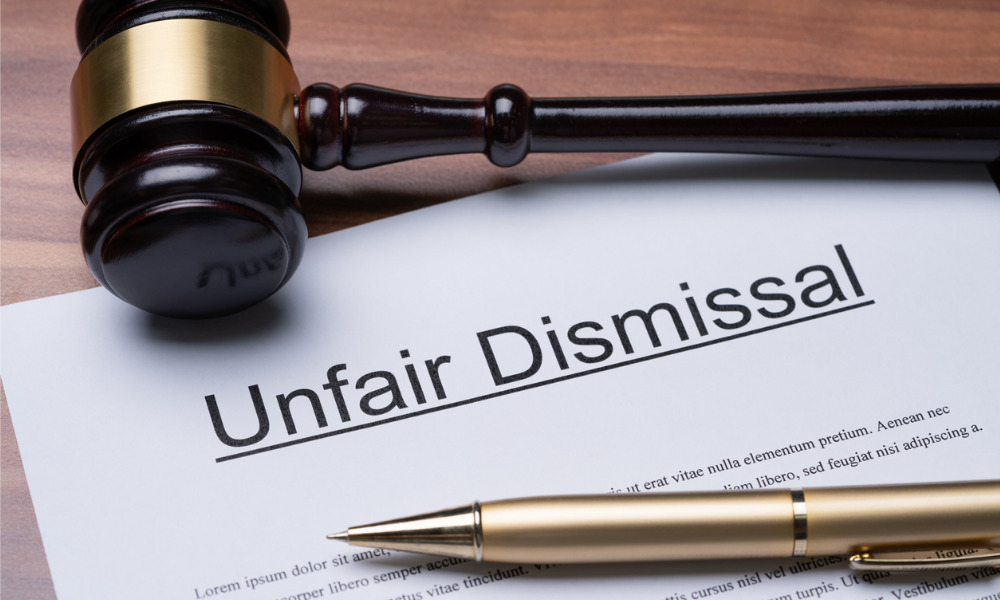
Redundancies that are not genuine can fall under unfair dismissal

When COVID-19 first hit, many organisations tightened their belts by implementing salary cuts, furloughs and layoffs. Redundancy became one of the reasons why an employee could be let go. Nonetheless, employers also need to be careful or they can find themselves in hot water for unfair dismissal.
“A position will only be genuinely redundant if the employer no longer requires the job (i.e., the particular collection of duties, functions and responsibilities) to be performed by anyone,” Holding Redlich partner Andrew Klein told Australasian Lawyer.
“Importantly, it is also, more often than not, a requirement for a redundancy to be genuine that the relevant employee and, if applicable, their representatives, are consulted before a final decision regarding a redundancy is made.”
Before letting an employee go for redundancy, employers are obliged to determine whether redeployment to a new role is possible. Moreover, a redundancy that is not found to be genuine is considered unfair dismissal, he added.
Under the Fair Work Act 2009, unfair dismissal occurs when the termination of a worker is judged by the Fair Work Commission to be “harsh, unjust or unreasonable.” A dismissal may be “harsh” if it is an extreme or disproportionate response to an incident.
A dismissal is “unjust” if the worker is found to be innocent in the matter they were dismissed over, while it is “unreasonable” if evidence is lacking to support the reason behind the dismissal.
In addition to having a valid reason for the dismissal, the employee must have been notified and given a chance to respond. The commission also looks into whether the employee was unreasonably refused a support person during dismissal meetings, and takes the employee’s personal circumstances into account.